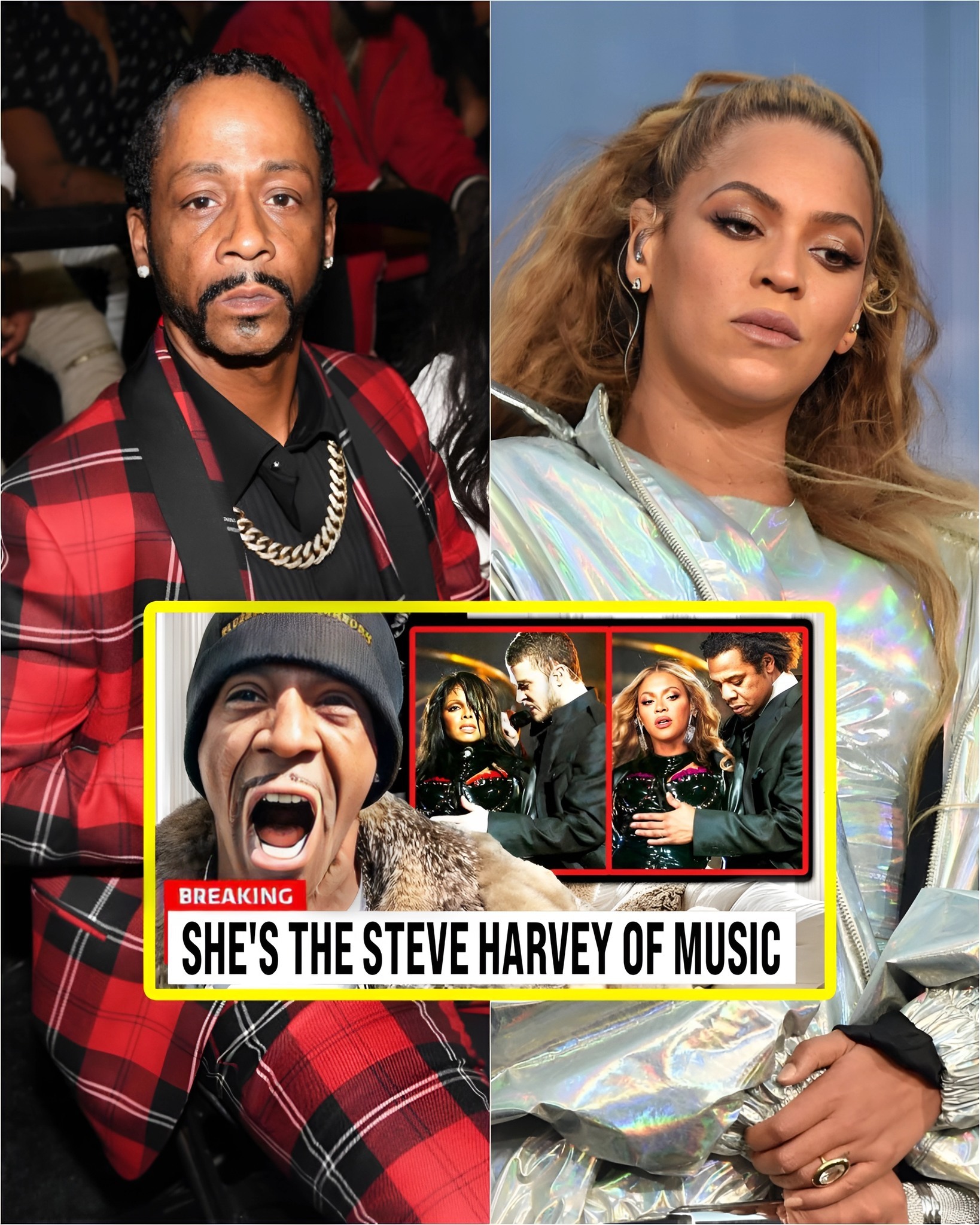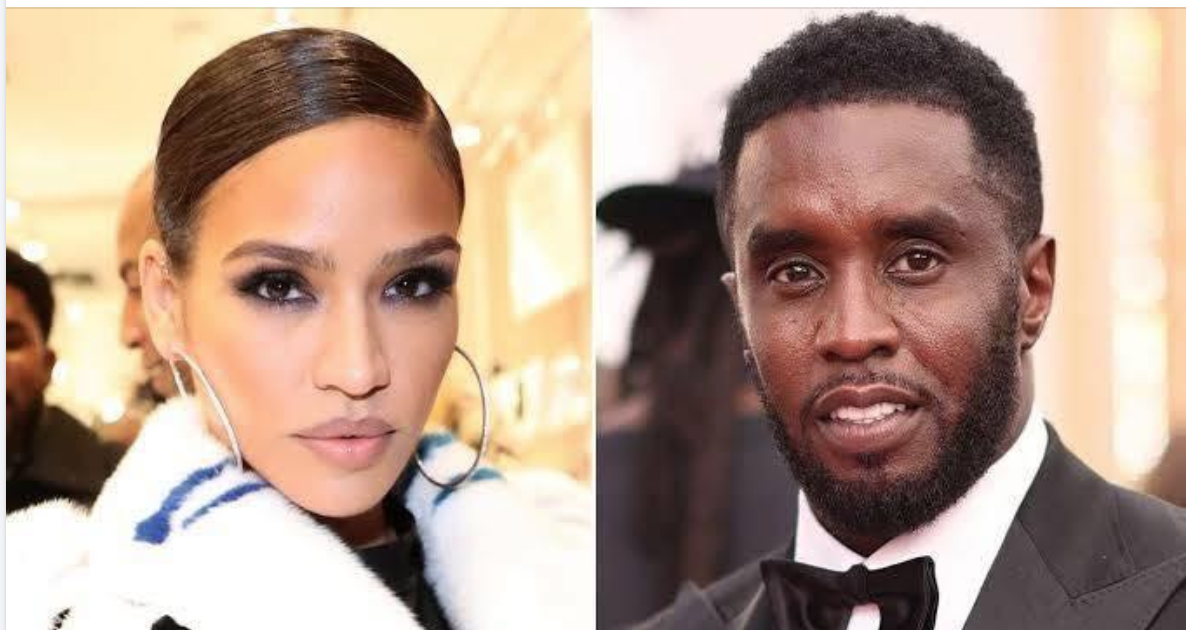Katt Williams JUST Got Beyoncé CANCELED After Exposing This..

Katt Williams JUST Got Beyoncé CANCELED After Exposing This..
In Beyonce’s case in particular, it seems the singer has been able to get away with a whole lot, expressly because of her status as someone very few people both within and outside the industry can speak on.
But if there’s one thing Katt Williams is known for, it’s being defiant of the rules.
Cat Williams, the renowned comedian, has recently shifted his focus from exposing colleagues like Steve Harvey to bigger targets in the music industry, specifically taking aim at Beyoncé.
Williams suggests that Beyoncé may not be as innocent as she portrays herself in the media.
Williams implies that Beyoncé might have engaged in questionable practices to secure her position in the industry.
He points to the competitive nature of the music business and suggests that Beyoncé may have sacrificed other artists to rise to the top.
He draws attention to instances where Beyoncé allegedly took ideas from other artists and even ended careers of those who spoke against her.
The comedian’s claims are not entirely baseless, as he joins a chorus of voices expressing concerns about such practices in Hollywood.
Williams is known for being defiant and outspoken, often exposing the darker side of the entertainment industry. Despite facing criticism and being labeled as “crazy” or a “drug addict,” he has gained a reputation for honesty.

Beyoncé, a global icon, has consistently led the music industry and is admired for her talent and success. However, Williams challenges the narrative around her, suggesting that she has been involved in behind-the-scenes actions that may not align with her public image.
In conclusion, Cat Williams’ recent revelations about Beyoncé raise questions about the authenticity of the music industry and the price some artists may pay for success.
Williams, unafraid of going against the grain, adds his voice to the ongoing discussions about the darker aspects of Hollywood.
In recent years, there have been murmurs within the entertainment industry about the potential influence Beyoncé may have had on the careers of fellow artists. Various instances suggest that the Queen Bey might not be as benevolent as her public image portrays, leading to questions about her role in shaping the trajectories of other musicians.
One notable case involves singer Amarie, whose career reportedly faced challenges after working with producer Rich Harrison, known for collaborations with both Beyoncé and JLo.
Amarie struggled to release her second album, and some claim that Beyoncé’s alleged involvement in delaying Amarie’s single may have contributed to the latter’s career downturn.
The narrative deepens with accusations that Beyoncé may have borrowed elements of Amarie’s style for her hit song “Crazy In Love.” Internet detectives point out similarities between Amarie’s “One Thing” and Beyoncé’s “Crazy In Love,” raising questions about the origin of the iconic horn hook in the latter.
Rich Harrison, Amarie’s original producer, hinted at strategic moves behind the scenes, further fueling speculation about Beyoncé’s role in shaping her own success.
The pattern allegedly repeats itself with Chloe x Halle, mentored by Beyoncé through her Parkwood Entertainment management company. Despite their undeniable talent, Chloe x Halle’s debut album reportedly faced lackluster sales, and fans blamed Beyoncé for not adequately promoting the project. Some argue that Beyoncé may have intentionally limited their success to avoid competition.
The third and perhaps most contentious case involves rapper Azealia Banks, who has openly criticized Beyoncé multiple times.
Banks accused Beyoncé of attempting to erase her contributions to house music, claiming that Queen Bey monitored her career closely. The rapper suggested that Beyoncé’s actions were aimed at overshadowing her influence in the industry.
Additionally, recent controversies surrounding Diddy, a longtime associate of Beyoncé, further intensify the scrutiny. Cassie, who had a years-long relationship with Diddy, filed a lawsuit accusing him of physical and emotional abuse.
The intertwining relationships and controversies prompt speculation about Beyoncé’s silence on the matter and whether her close association with Diddy may have played a role in her alleged influence on others’ careers.
As these claims and controversies unfold, the entertainment industry finds itself grappling with questions about the dynamics between influential figures like Beyoncé and their impact on fellow artists.
Whether these allegations hold merit or are merely speculative remains a matter of debate, but they shed light on the complex relationships and power dynamics within the world of music and fame.




